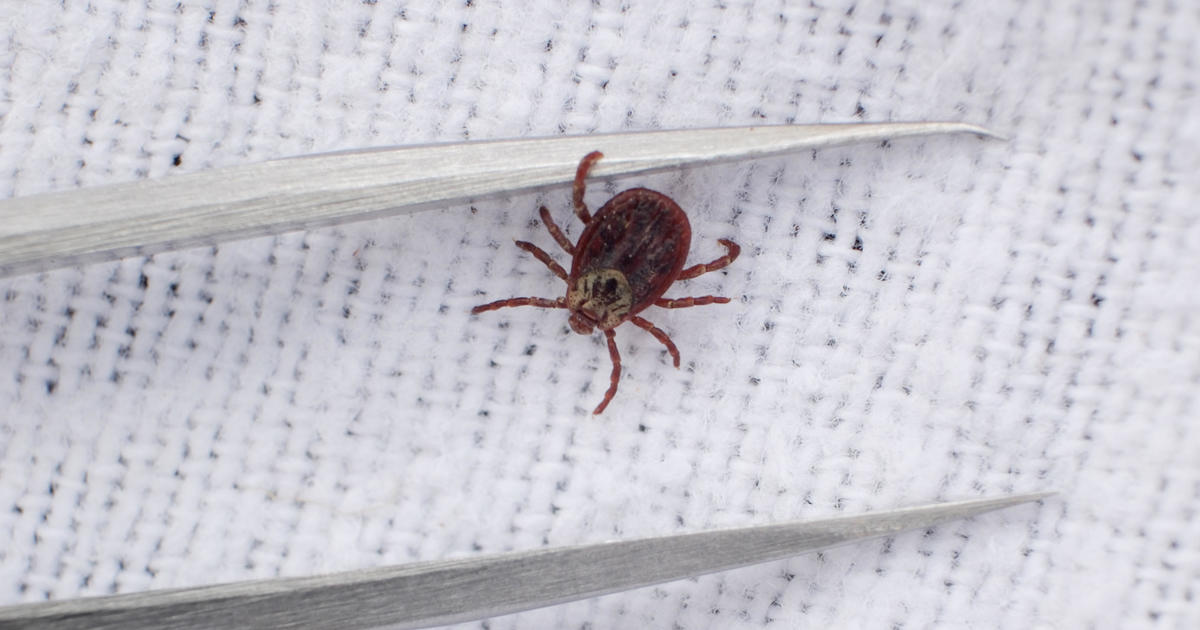5 things to know from America's top infectious disease doctor
As global coronavirus cases shot past 250,000 Friday, Dr. Anthony Fauci, head of the National Institute of Allergy and Infectious Diseases, joined the "CBS Evening News" to discuss possible treatments and best practices for slowing the spread of the disease.
Here are our top takeaways from the interview:
1. A website is coming to connect patients and doctors
Dr. Fauci told us the FDA is working on "an online system where people can actually get on and have a doctor make the determination whether or not they should be put on" hydroxychloroquine. The website will also allow researchers to gather data about patients taking the drug for coronavirus, in addition to the clinical trial.
2. There is not a proven treatment or prevention for COVID-19
Dr. Fauci cautioned that while there is some hope that two drugs could be effective, "there is not a proven … treatment or prevention. However, there's some anecdotal information that one or two of these may possibly have some benefit." The CDC is fast-tracking studies the effects of hydroxychloroquine and remdesivir on the virus.
3. On trying possible treatments
Because hydroxychloroquine was approved by the FDA more than half a century ago, it is currently available for doctors to prescribe for off-label use. Fauci did not recommend the drug for people who have not been exposed to the virus, but said "if someone is in a dire situation, they need something, should you try it even though you don't know it works? That's a decision between the physician and the patient."
4. On the decision to order most New Yorkers to stay at home
More than 70 million Americans have been ordered to stay home in California, Illinois, and New York. "I don't think necessarily every single situation every single region or location needs to be that way," Fauci said. But in the case of New York, which has topped 7,000 cases and accounts for 90% of new infections in the U.S., Fauci told us, "I think that was an appropriate move."
Fauci said he was particularly concerned about New York City, which has seen a surge of cases: "the slope of that curve is quite troublesome."
5. Washing your hands when you walk into a building is the "right thing to do"
In addition to other social distancing guidelines put out by the White House, Dr. Fauci advises that when you enter your house or arrive at work, you should wash your hands first — "it's the right thing to do," he said.



